The Rimini Meeting, taking place from 20 to 25 August, will be held “in-person” and will be open to everyone. This year’s theme is “The courage to say ‘I'”, inspired by a quote from the “Diary” of Danish philosopher Søren Kierkegaard. Italian President Sergio Mattarella will deliver the opening address of the 2021 Meeting – now at its 42nd edition – as in 2016.
Presidente B. ScholzDemocracy and sustainability, health care, Recovery Fund and the National Recovery and Resilience Plan, international cooperation, the encyclical Fratelli tutti, education and science are all topics on the agenda of the Rimini Meeting. In anticipation of the event, SIR interviewed the Chairman of the Rimini Meeting Foundation, Bernhard Scholz.
Mr. Scholz, the theme “The courage to say ‘I'” places emphasis on human freedom and on the vocation to contribute to building a more humane world. However, emphasising the concept of ‘I’ today is perceived as an ‘act’ of strength and individualism. How does the Meeting intend to overturn this individualistic perception to the benefit of a more inclusive vision, devoted to the common good?
To say ‘I’ implies wanting what is good, beautiful, and worth sharing, since these desires are a fundamental aspect of who we are. Fidelity to those desires, even in challenging situations, can help us overcome individualistic tendencies that stem from the decline of those desires caused by the lack of courage in the face of inevitable challenges and trials characterising human relations.
Having the courage to say ‘I’ is the true antidote to individualism and collectivism,
both of which diminish individual potential for growth by rejecting responsibilities and active and creative participation in social and cultural life. Pier Paolo Pasolini – the subject of an exhibition at the Meeting – had warned us that widespread standardisation risks causing the erosion of individual creativity. An exhibition devoted to J. R. R. Tolkien illustrates that individual creativity reaches its full potential in the polyphony of Creation.
 Where can the ”courage” to counter this individualistic vision, mentioned in the theme of the Meeting, be found?
Where can the ”courage” to counter this individualistic vision, mentioned in the theme of the Meeting, be found?
When we have at heart a cherished interest that needs to be preserved and cared for, we become courageous. It is therefore a question of conveying as much as possible the notion that in personal and family life – as well as in public life – each person can contribute to whatever they have a desire for. Weakened courage often stems from a form of resignation that can be overcome when we realise that there are countless examples testifying to the value of personal commitment, even if only carried out in small steps, enabling us all to progress more rapidly towards the common good. These stories will be shared at the Meeting.
This year’s Meeting is to be held with participants in physical attendance again, after the 2020 ‘hybrid’ format. What does it mean for members of the Meeting – and not only – to be attending in person despite the pandemic?
It will above all be a time to be grateful. The pandemic has taught us that nothing can be taken for granted, nothing is a given.
Everything, including the simple fact of being together, is a gift that must be seized in order to discover its true and lasting meaning. The Meeting will also see increased openness to existential and cultural questions that have arisen with a sense of urgency over the past year and a half, questions about the meaning of life, relationships and labour. We are now more aware of our weaknesses, but we also gained a deeper understanding of what is truly meaningful and conducive to our personal development. I think we will also see an increased interest in understanding the economic and political challenges we face.
 President Mattarella will open the Meeting. He previously opened the Meeting in 2016. Several ministers and politicians will also be attending, including the President of the European Parliament David Sassoli and Commissioner Paolo Gentiloni. The presence of the political world at the Meeting has often been criticised, but it also contributed greatly to dialogue and to the debates. Will it continue this year?
President Mattarella will open the Meeting. He previously opened the Meeting in 2016. Several ministers and politicians will also be attending, including the President of the European Parliament David Sassoli and Commissioner Paolo Gentiloni. The presence of the political world at the Meeting has often been criticised, but it also contributed greatly to dialogue and to the debates. Will it continue this year?
The Meeting has consistently pursued dialogue with institutional and political representatives in order to discuss important topics in the areas of education, school and university, economic social and ecological sustainability, digital transformation, health and healthcare systems, and every other issue linked to the development of the common good. And so it will be again this year, with special focus on the National Recovery and Resilience Plan – NRRP, economic recovery of SMEs and jobs for the future. I think it is a great opportunity to be able to speak directly with decision-makers on such important issues. The fact that sessions on political matters account for no more than one-sixth of all the conferences held at the Meeting is often overlooked, along with a large selection of musical and theatrical performances, art exhibits, and exhibitions dedicated to influential figures.
The Meeting wants to give due importance to politics, but it also aims to counter messianic expectations of the State and institutions, practices that are detrimental both to politics as a whole and to individual and societal responsibility – a decisive theme in this edition.sp;
Is there an underlying question, out of many, that connects all the themes of this edition?
The overarching question is: how can we foster the growth of responsible, creative and qualified individuals capable of tackling the various challenges ahead? This question in particular will be addressed in a round of talks on labour and its changing trends. There are plenty of projects in the world; often what is missing are the players. I believe that concerts and plays will contribute to demonstrating that the courage to say ‘I’ is decisive for the discovery of beauty, the creation of works of art and close cooperation leading to their accomplishment. Specific discussions will also be held on the theme of the ‘I’ in the context of neuroscience and neurolinguistics: what it means to be fully aware of one’s ”I” , how to say ”I” and the implications for AI. The “I” theme and openness to diversity will be the object of a meeting on Pope Francis’ Encyclical Fratelli tutti, with the participation of Card. Matteo Zuppi, Archbishop of Bologna, Card. Louis Raphaël I Sako, Chaldean Patriarch of Baghdad, the International Director of Interreligious Affairs of the American Jewish Committee, David Rosen, the Secretary General of the Muslim International Forum, Damir Mukhetdinov from Moscow.
 Traditionally, the Meeting also features a rich cultural programme of shows and exhibitions…
Traditionally, the Meeting also features a rich cultural programme of shows and exhibitions…
The opening concert will be directed by Maestro Uto Ughi, another concert will showcase Federico Mecozzi, a young but already famous violinist. There will be a performance on the Divine Comedy with Marco Martinelli and, as always, the entertaining performance of Paolo Cevoli. Besides the previously-mentioned exhibits on Pasolini and Tolkien, a special exhibit will highlight the approach to secularisation of Canadian philosopher Charles Taylor, Anglican theologian and former Archbishop of Canterbury Rowan Williams, and of the President of the Fraternity of Communion and Liberation Julián Carrón. The intention is not to defend it, but rather to understand the challenges and questions it brings with it as an opportunity for greater understanding and communication of the Christian faith. Other events include an exhibition on TV series, an exhibition by young university students on the figure of Sergio Marchionne, and a major exhibition of contemporary sculpture at the new PART museum in Rimini. The courage to say “I” in adverse circumstances will shine through in the exhibition dedicated to a community of women in Kampala who have risen to the challenge of poverty and marginalisation with extraordinary resourcefulness.
This year’s initiatives include the participation of young musicians in a competition…
For the first time we invited young musicians to take part in a contest on the theme of the Meeting. Finalists will perform in several evenings of the Meeting and will also star in the final concert. All these evening shows will take place in the old town of Rimini.
With only a few days to go before the opening, what are your hopes for the Meeting?
That the courage to say “I” may develop as a source of creativity, of responsibility, of genuine sharing, that fidelity to individual longing for what is good may gain renewed impetus at this historic moment, that the dimension of the ” I” may be rediscovered as the true source of an authentic “we”.
My hope is that those who will embrace Kierkegaard’s invitation, echoed on several occasions by Fr Luigi Giussani, may discover anew the horizon of the “You” that gives authenticity to our “I”.
Meeting and Covid-19. The 2021 Meeting will be an event open to the public, with free entry for all, on the one – obvious – condition of not testing positive for Covid-19. “Green passes” or equivalent documentation will be required. Admission to the event will be restricted to “persons who have been vaccinated (15 days after the first shot or with both shots); persons who have recovered from COVID-19 within the past 6 months; persons who tested negative in the past 48 hours.” For those who do not meet these requirements, are “invited to take a rapid coronavirus test in their city of residence before leaving for Rimini, or at the Rimini Fairgrounds (West Entrance) through the dedicated App or the Meeting website ( a negative test is valid for 48 hours)”. The Meeting Rimini App can be downloaded starting July 15. Children under 14 years of age can enter the Meeting Centre without a Covid certification.

